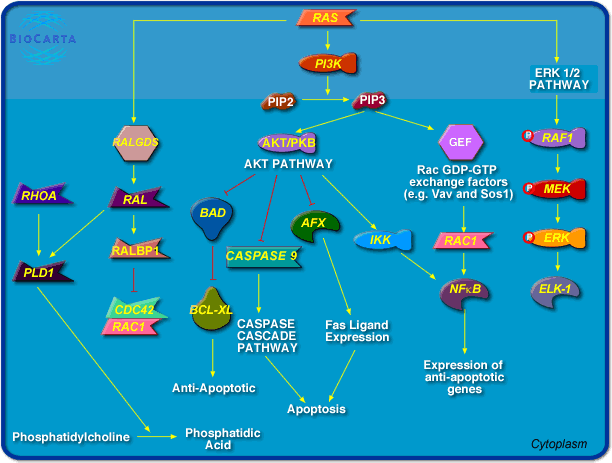
SEATTLE – There may be an upside to menopausal misery.
A study by the Fred Hutchinson Cancer Research Center has found that women who have had hot flashes and other symptoms of menopause may have a 50 percent lower risk of developing the most common forms of breast cancer than postmenopausal women who have never had such symptoms.
The protective effect appeared to increase along with the number and severity of menopausal symptoms, according to senior author Christopher I. Li, M.D., Ph.D., a breast cancer epidemiologist in the Hutchinson Center’s Public Health Sciences Division.
Li said in particular researchers found that women who experienced more intense hot flashes – the kind that woke them up at night – had a particularly low risk of breast cancer.
Li and colleagues suspected a link between menopause symptoms and decreased breast cancer risk because hormones such as estrogen and progesterone play an important role in the development of most breast cancers, and reductions in these hormones caused by gradual cessation of ovarian function can impact the frequency and severity of menopausal symptoms.
"while menopausal symptoms can certainly have a negative impact on quality of life, our study suggests that there may be a silver lining if the reduction in breast cancer risk is confirmed in future studies," Li said. "if these findings are confirmed, they have the potential to improve our understanding of the causes of breast cancer and improve approaches to preventing this disease."